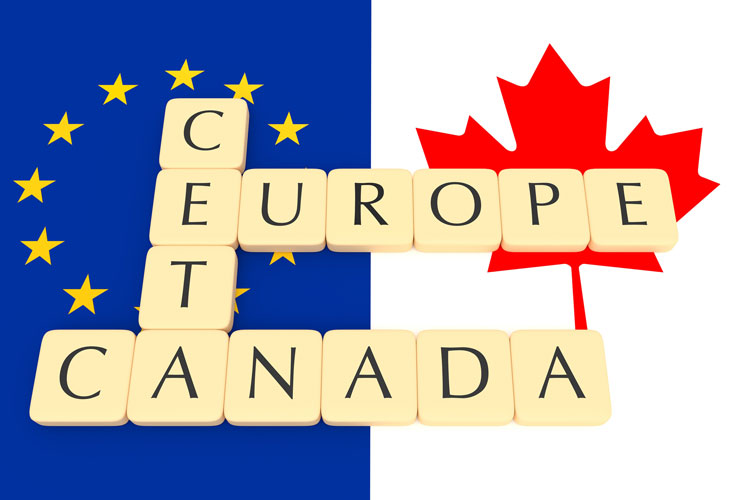
Europe’s cheesemakers are not happy with Canada.
That’s according to a July 17, 2019, report by Canada’s very own National Post titled: “Cheese quotas in Canada-Europe deal quietly under formal review after EU complaints.”
Cheese traders are so divided that they have invoked a review clause in the Comprehensive Economic and Trade Agreement (CETA) that was signed between the EU and Canada. That trade agreement is barely into its second year.
A number of charges leveled
The EU has contended that getting data from Ottawa, Canada’s capital, has been challenging. Among the concerns, the EU contends that Canada allocated 50 percent of the cheese quota to Canadian manufacturers.
“This, they argue, goes against the requirement in CETA that the quota be allocated to ‘persons most likely to use it’ such as importers that already bring in European cheese under World Trade Organization quotas,” wrote Marie-Danielle Smith in the National Post article.
The pattern that started in 2018 has continued into this year “. . . about 22 percent of the fine cheese quota had been filled, and less than 2 percent of the industrial quota had,” continued Smith.
“Canada is known around the world to play games when it comes to supply management,” said James McIlroy to the National Post. McIlroy is a trade consultant who works with the International Cheese Council of Canada (ICCC).
The cheese specialist predicted that the upcoming meeting between Canadian Prime Minister Justin Trudeau and Donald Tusk, president of the European Council, “is not going to be an entirely happy visit.”
Under the trade pact between Canada and the EU, 5.3 million kilograms of new cheese should have been allowed into Canada during 2018. That total has been set to climb to 16 million kilograms by 2022.
Given this situation with Europe, it would be interesting to see how Canada handles the dairy provisions should the USMCA (U.S.-Mexico-Canada Agreement) be signed to replace the North American Free Trade Agreement.








